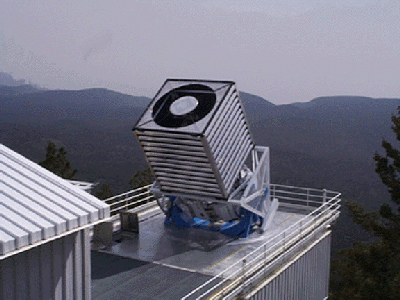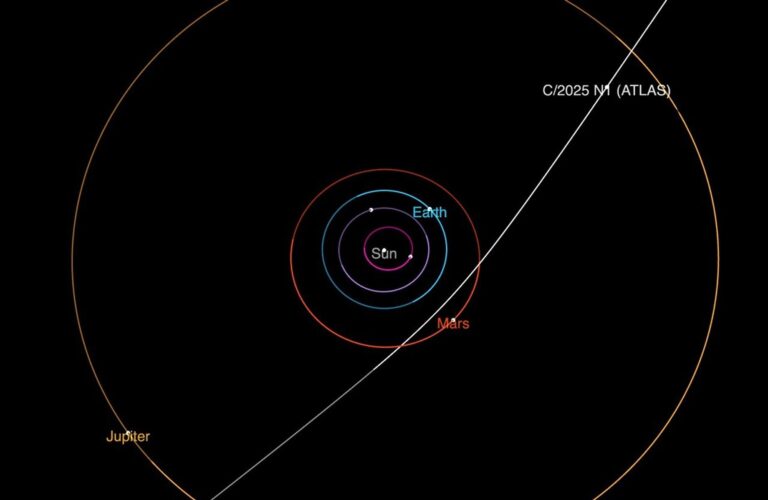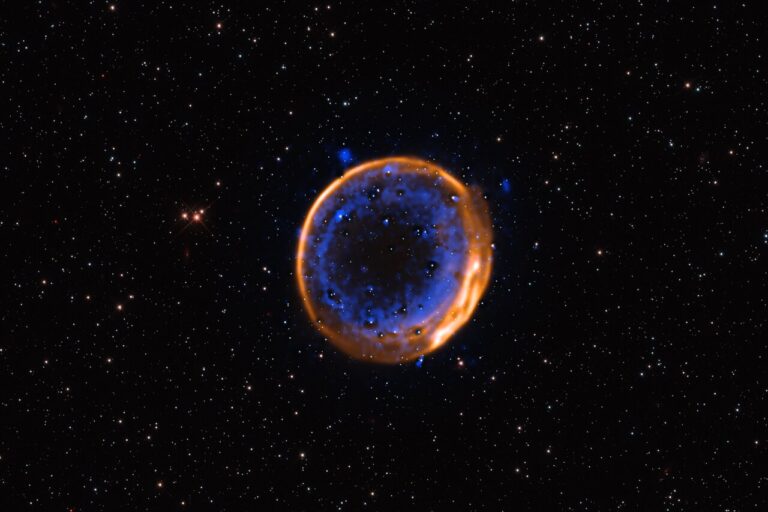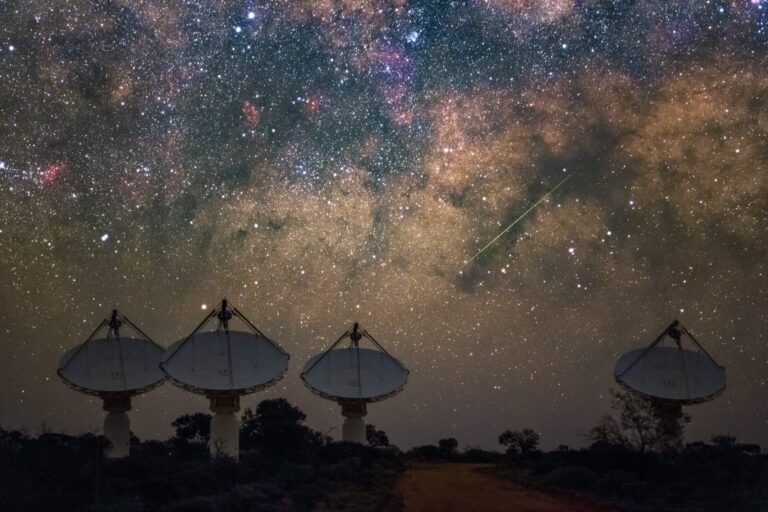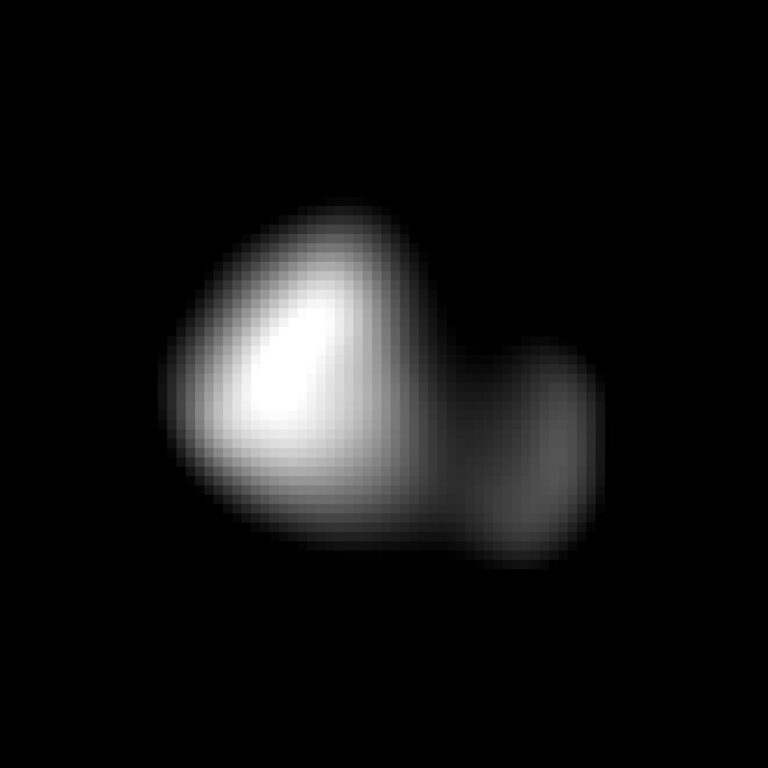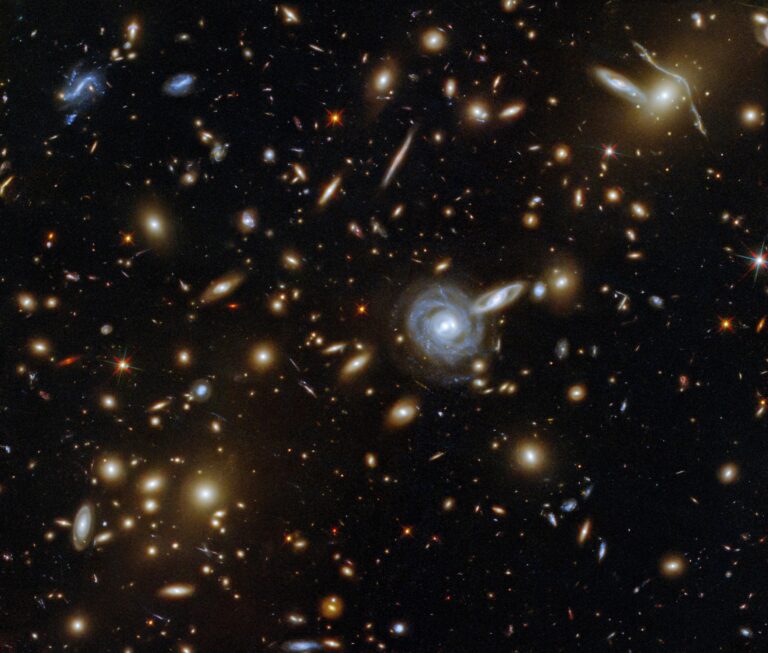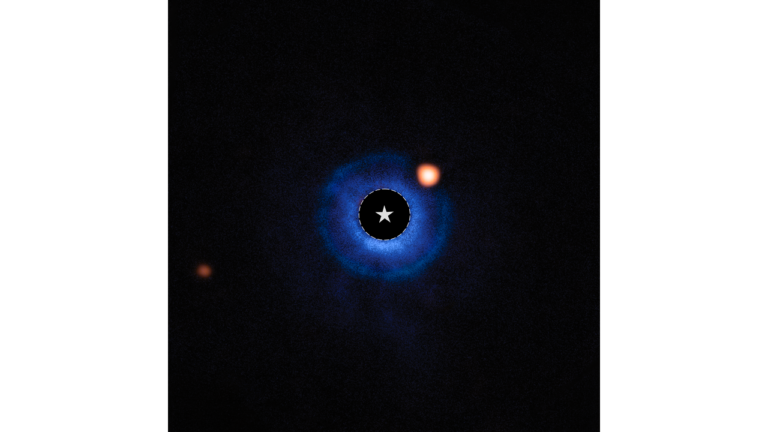Key Takeaways:
While it’s well known that monster-sized black holes lurk inside the cores of most large galaxies, a great astrophysical debate has been raging over which came first. Could the pull of a black hole accumulate enough stellar matter to create a galaxy, or could a young galaxy’s star-packed core give birth to one of these dark cosmic brutes?
An international team of astronomers has now discovered new evidence that points not to one of these scenarios but instead to some kind of strange, symbiotic relationship — supermassive black holes and their host galaxies apparently grow at the same rate and evolve together.
“Like the chicken and the egg, neither black hole nor galaxy can be said to come first,” states Timothy Heckman, an astronomer at Johns Hopkins University and co-leader of the study. “Each is necessary for the other.”
These new findings, presented last week at the International Astronomical Union’s General Assembly meeting in Sydney, Australia, represent the first direct glimpse of this connection between galaxy formation and black hole formation and reveals how the two are intimately entwined.
“Since nearby galaxies can be studied much more easily than their distant and more spectacular ancestors, it is no surprise that the link between black hole growth and galaxy growth first became apparent in our own backyard,” Heckman says.
By examining the telltale barcode signatures in the galaxies’ spectra, the team was able to determine the growth rate of the central black holes and the amount of material being swallowed. The researchers conclude that as the rate of star formation in these massive galaxies increases, so does the rate of matter being devoured by their giant predatory tenants.
If this is indeed the case, does either the galaxy or the black hole control the growth of the other, or are the two entities feeding off each other, in a perpetual state of co-evolution? To find out, their growth process will have to be carefully studied, answers team co-leader Guinevere Kauffmann of the Max-Planck-Institute for Astrophysics in Germany.


